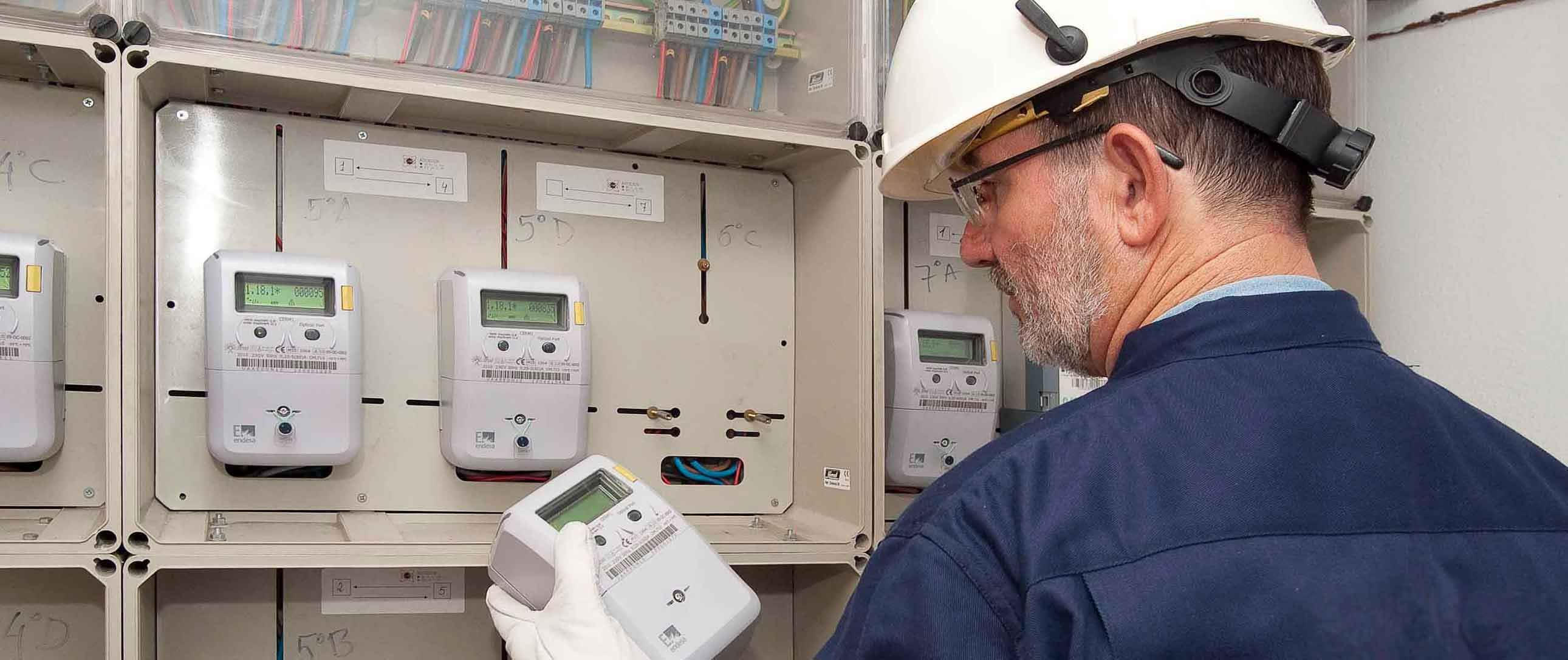
From July of next year, the law on the “intelligent electric energy metering system” (No. 522-ФЗ dated December 27, 2018) will enter the stage of “active implementation”.
In this connection, a logical question arises: in relation to us, consumers of public utilities, is this good news or bad?
Firstly, “smart meters” bring us the long-awaited freedom, and this cannot be denied. The smart metering system will transmit the current meter readings independently.
This means that one headache will surely become less: you don’t have to take care every month to pass the meter readings and meet the deadline.
However, complete freedom, alas, is still far away: this law is aimed only at introducing “smart meters” that will keep track of electrical energy.
Therefore, the readings of the remaining counters will have to be transmitted “in the old fashioned way”.
Secondly, the undoubted advantage of the law is that the obligation to purchase and install “smart meters” lies not with the residents themselves (as is usually the case), but with electricity suppliers (guaranteeing suppliers and network organizations).
Starting July 1, 2020, suppliers will have to install “smart meters” for electricity to all consumers of the resource (that is, both citizens and legal entities) – as their previous metering devices fail (this equates to expiration of the operation period, counter calibration interval, etc.).
Since 2022, the law provides for free connection to the system of “smart metering” of all consumer electricity meters.
If the energy company does not fulfill this requirement, then starting in 2023, consumers will be able to demand that they pay a fine in their favor (the size and procedure for paying it will be determined by a separate government decree).
Suppliers will also be responsible for the quality of the “smart metering system”: they will introduce a new basis in the law to free consumers from electricity charges – if the system does not work correctly due to the fault of the company.
But First of all, the provision stated in the law that the introduction of smart meters should be provided by energy companies at their own expense should be interpreted very restrictively.
The fact is that the law allows resource providers to include costs associated with its implementation in electricity tariffs.
And since there are obviously a lot of expenses, in the near future this will probably result in an increase in electricity bills. Therefore, it is unlikely that we, consumers, will still be able to completely free ourselves from paying “smart meters”.
But Another important point. With the introduction of “smart meters” in the law, the rules for turning off the electricity to the consumer in case of non-payment are changed.
The supplier will have to warn of the impending restriction not in 10 working days (as before), but in only 5.
Upon receiving a warning, the consumer will have to independently take measures to limit it (through the “smart” system) or provide access to the living quarters to employees.
If the consumer does not react in any way, then the company itself, through remote access to the system, will turn off the supply of electricity to the living room.
As you can see, “smart meters” are good, but not without their tricks.
And what about Smart Meters in Moldova?
It’s a pity, but Premier Energy (formerly called Gas Natural Fenosa) installs electric meters WITHOUT a “pulse output”, respectively WITHOUT connecting to the BALANCE energy metering system. This does not comply with the EU directive “20-20-20”, aimed at saving energy resources and reducing greenhouse gas emissions. Accordingly, residents are not only deprived of the opportunity even to install an accounting system at their own expense, but they cannot afford to pay at differentiated rates day / night, which means that there is no possibility of saving electricity and unloading power supply networks, which leads to additional losses in the electricity networks, which we pay for the losses we are with you.
Due to the fact that the D100 radio module of the BALANCE system supports up to six electric meters with a pulse output, the average cost of installing a remote metering system is about 16 Euro per apartment.

